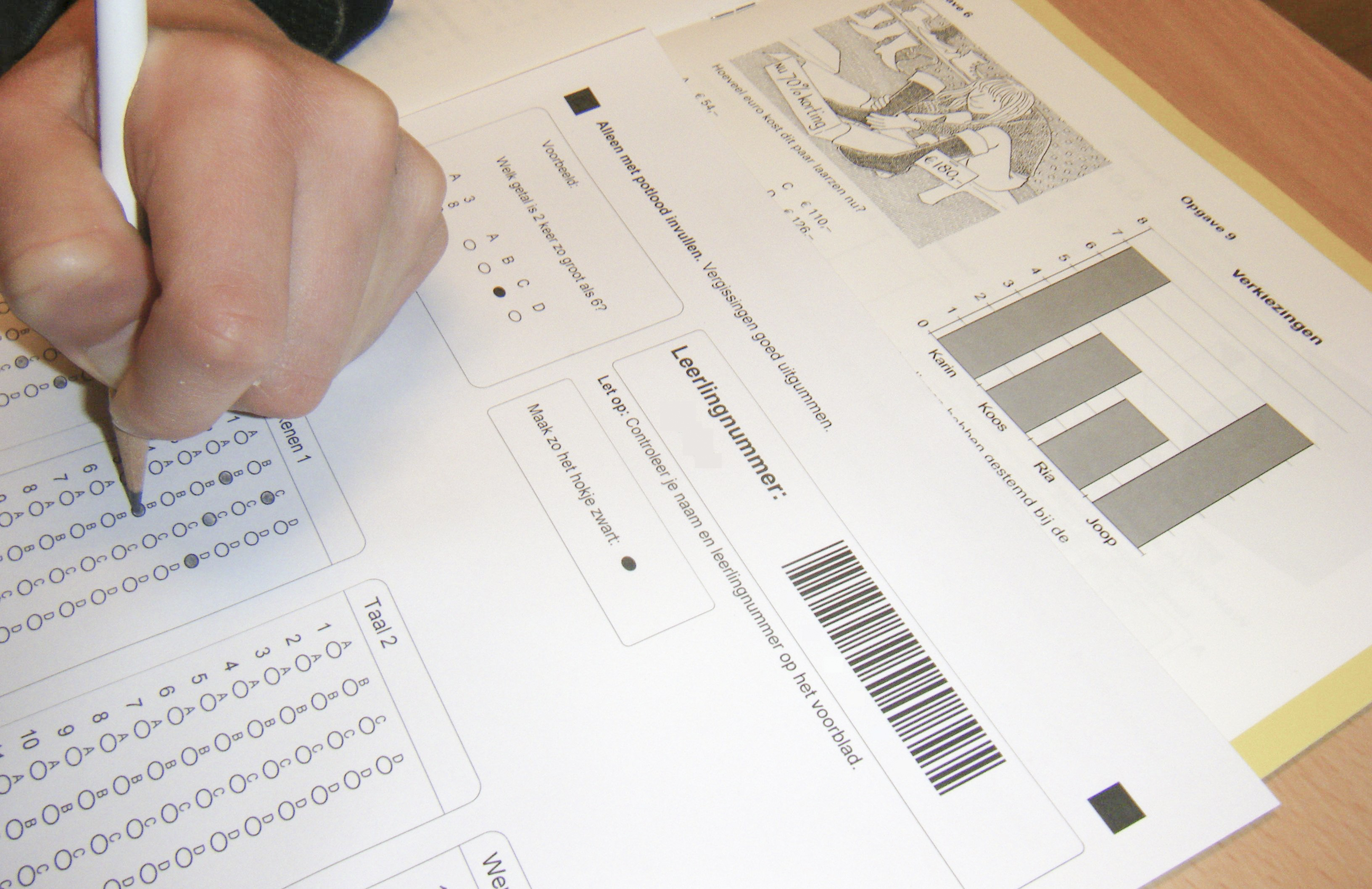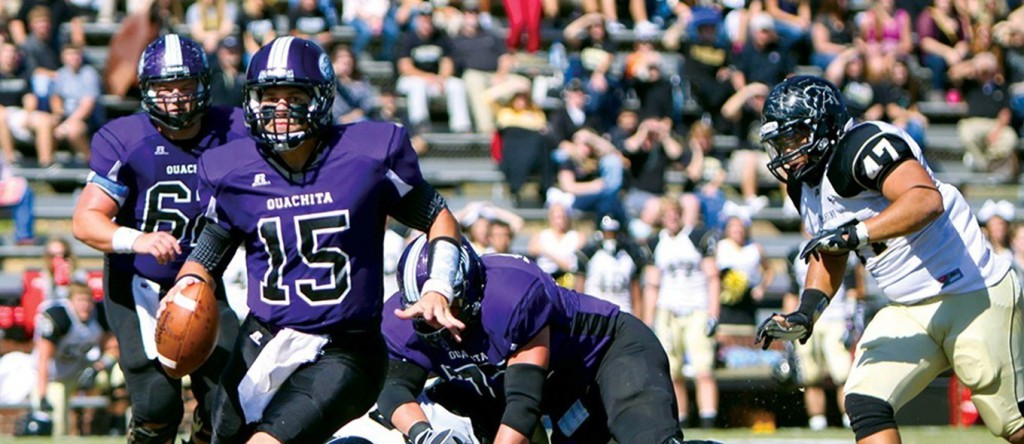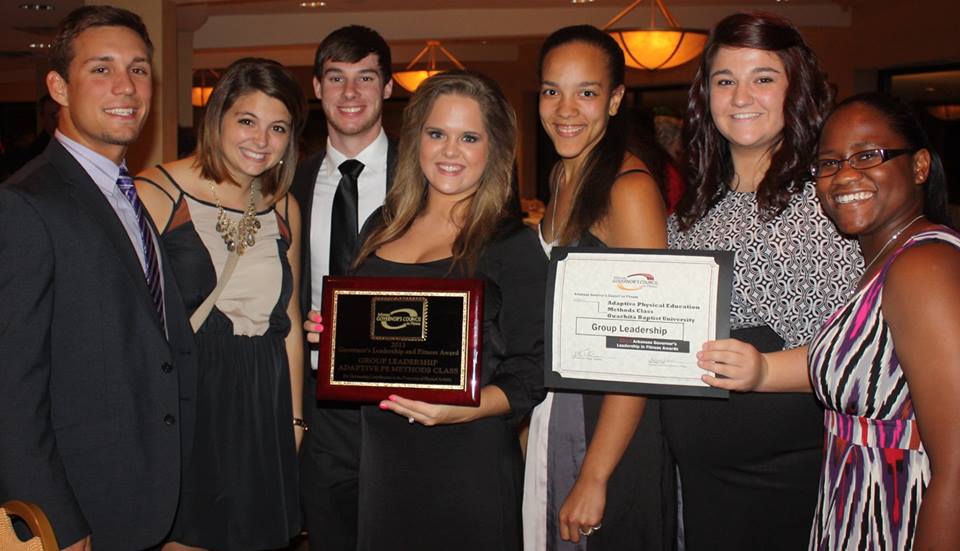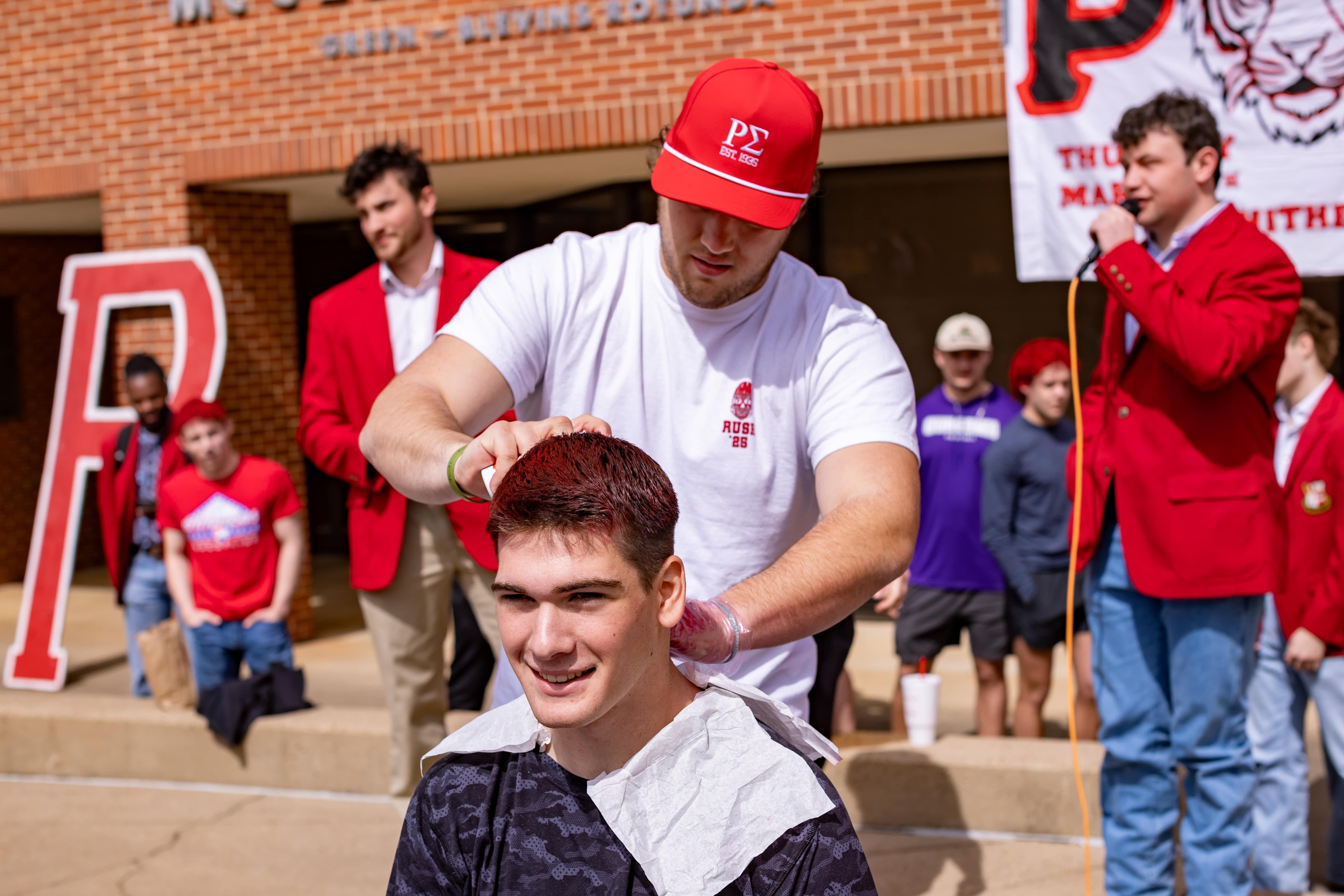Ouachita will administer a CORE Alcohol and Drug Survey in early November to a sample of 400 randomly selected students to assess the frequency and nature of alcohol and drug use among students.
According to Dr. Wesley Kluck, vice president for student services, Ouachita has seen a 400 percent increase since in reported alcohol incidents since 2010. Kluck cites the report that Ouachita submits to the federal government each year that includes incidents ranging from theft to drug use.
The last time Ouachita did an evaluation of alcohol and drug use was in 2007, before Clark County voted to become a wet county. Kluck believes that the increase in reported incidents is a result of alcohol becoming more accessible.
According to Dan Jarboe, the university counselor, the survey will seek to measure the frequency of alcohol use among students in addition to measuring attitudes and ascertaining the nature of alcohol and drug use.
“We want to identify what we need to do to help students make better judgments about this issue,” he said. “There’s a lot of ignorance, I think, about alcohol’s dangers to health. Most of the students I have come in for alcohol violations cannot articulate the ear marks of a developing alcohol dependency. They think that it’s being in a drunken stupor all the time, not going to any of their classes.
“But dependency starts long before that,” he said. “It starts with a psychological addiction: ‘If I’m gonna have a good time, then I got to have some alcohol. If I’m gonna relax this weekend, then I need to have alcohol.’ It becomes a necessity, a form of escape.”
Jarboe said the survey taken by universities all over the country and will compare Ouachita’s drug and alcohol usage with other similar institutions around the country. Jarboe assures that for each student’s response, full confidentiality will be maintained.
“Everyone involved will be assigned a nine digit number so there there are no student IDs or names associated with any survey taken,” Jarboe said. “It’s completely anonymous.”
As for changes in the school’s policy regarding the issue, Jarboe said that things are uncertain as to what the school will need to do bases upon the survey findings.
“I think education is certainly a big part what we know we need to step up our efforts in,” he said. “What we’re really trying to do is to create a well-informed student community about alcohol and drug use. It’s not really about responsible use, however. It’s really about those who are at risk to develop serious problems.
“My hope is that there will be some students who recognize, even by the questions, that they need to take a closer look at their behavior. Many, if not most long term alcohol problems develop right now at [these ages].”
Jarboe is correct in saying this. A survey of 40,000 adults done by the National Institute on Alcohol Abuse and Alcoholism indicated that among those who began drinking between the ages of 14 and 20, nearly half had become dependent by their early 20’s.
“Drinking among college students produces no long term physical, social, psychological or spiritual benefits,” Jarboe said. “But instead is associated with a plethora of serious human tragedies, as well as increased numbers of drop-outs. As is obvious to most, few college drinkers engage in ‘responsible drinking’, rather – they drink to get drunk.”
Students selected for the survey will receive an email indicating their invitation to take the survey. They will be given a link to a website where they can take the survey, if they so choose. As an extra incentive, one student will be randomly selected to receive a significant prize.
For more information about the CORE survey, contact Jarboe through email at jarboed@obu.edu.
Indicators of a developing dependency include:
- When one begins to find himself frequently anticipating his next drink, and giving an increasing amount of thought to when, where, how and what kind his next drink will be.
- He may also become irritable and quickly at work to rearrange his plans if he is unable to obtain the alcohol or other drug he was planning to use.
- He may also begin drinking more frequently in private, outside the awareness of peers and others who might become concerned or offer an unwelcome warning.
- He is willing to continue his usage despite a growing number of negative consequences that are arising from his use.
- He often begins to minimize and play-down his the significance of usage in his own thoughts or in conversations with others.
Drinking among college students produces no long term physical, social, psychological or spiritual benefits, but instead is associated with a plethora of serious human tragedies, as well as increased numbers of drop-outs. As is obvious to most, few college drinkers engage in “responsible drinking”, rather – they drink to get drunk.
– Dan Jarboe, university counselor













